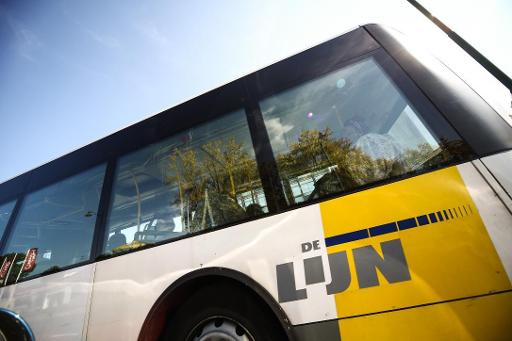Flemish Government-run public transport service De Lijn is facing a severe shortage of bus drivers, with low pay, irregular work schedules, and an ageing staff contributing to a wave of resignations in recent months.
"2022 has not been a very easy year," De Lijn's Chief Executive Officer Ann Schoubs admitted to De Standaard on Tuesday. "Every month, 25 to 30 of our employees are resigning": a 50% increase compared to last year.
Drivers are particularly dismayed by the fact that they are often expected to be on call from early morning until late in the evening, which even Schoub acknowledges "cannot easily be combined with having a family, especially one with young children".
The resulting staff shortages have meant that an increasing number of De Lijn's services are unable to run, with almost one in fifty of De Lijn's scheduled trips now being cancelled.
"That's not what we want," Schoubs said. "Travelers will stop using the service if they wait too often for a bus or tram that doesn't show up."
Related News
- One in six De Lijn drivers quit after first few months
- Over 1,900 French-speaking job vacancies available for holiday period
Such delays and cancellations risk compounding De Lijn's difficulties in attracting customers, with one-in-three commuters already having ceased using the service since 2019 due to fear of Covid infection and the growing frequency of home-working.
In addition to resignations, Schoub noted that De Lijn is facing a significant recruitment problem, with prospective employees' (lack of) linguistic ability often a major sticking point.
"The main reason why we cannot employ more people is that many do not have enough knowledge of Dutch," Schoub said.
To address this problem, as well as the issue of De Lijn's ageing staff — 6.2% of De Lijn's drivers are currently over 60, up from 3.6% in 2017 — Schoub claimed that De Lijn will now seek to recruit more young people directly from school, when their linguistic abilities are freshest.

